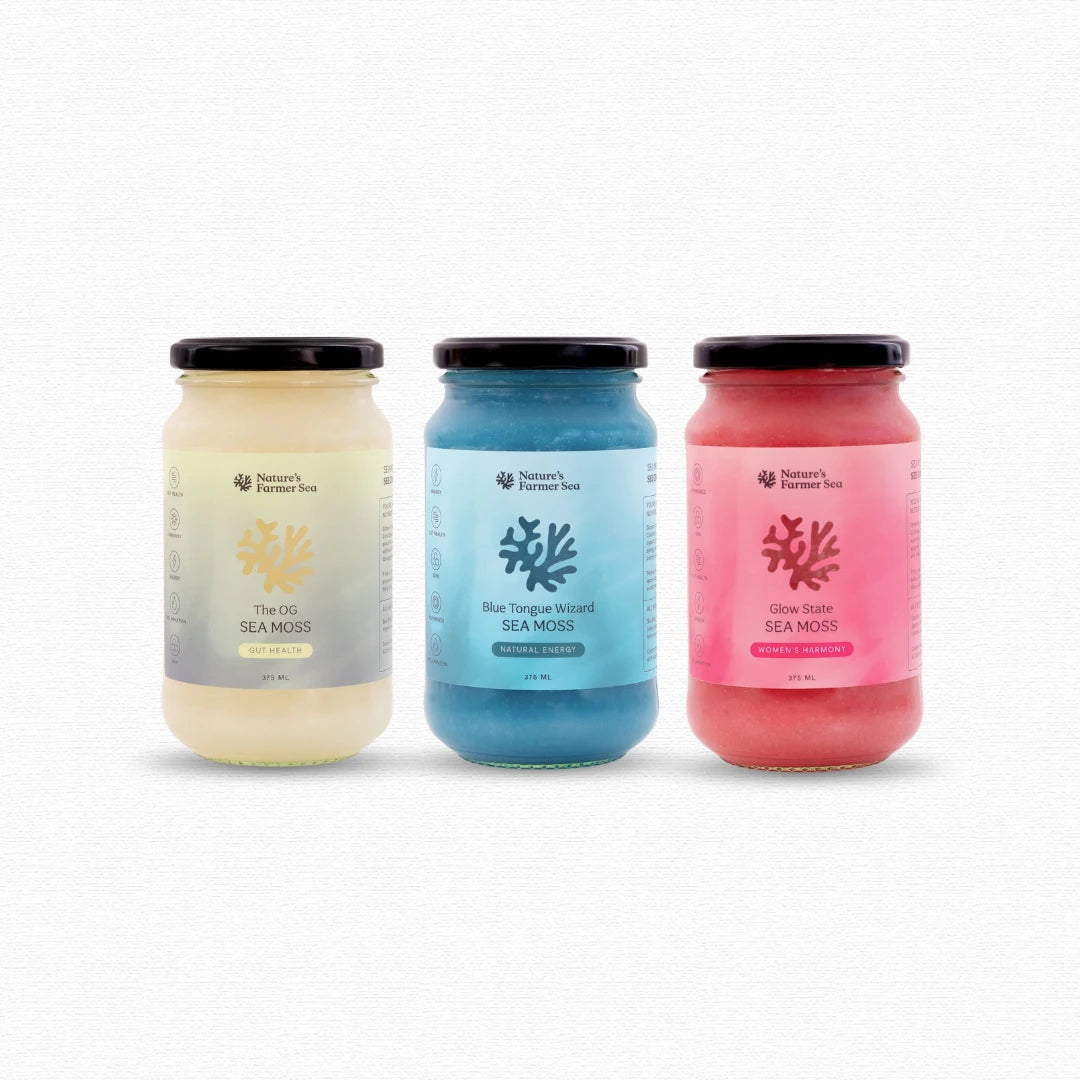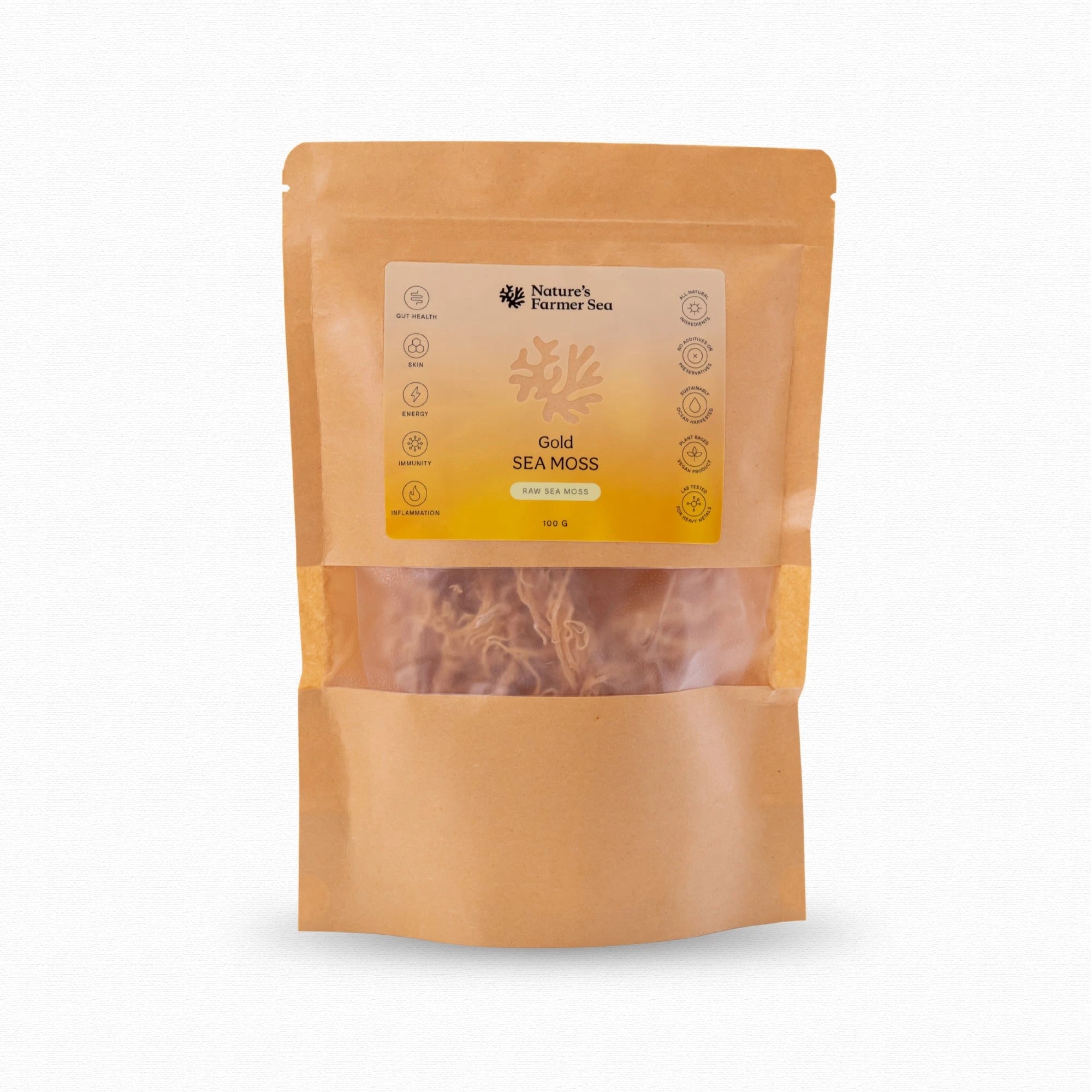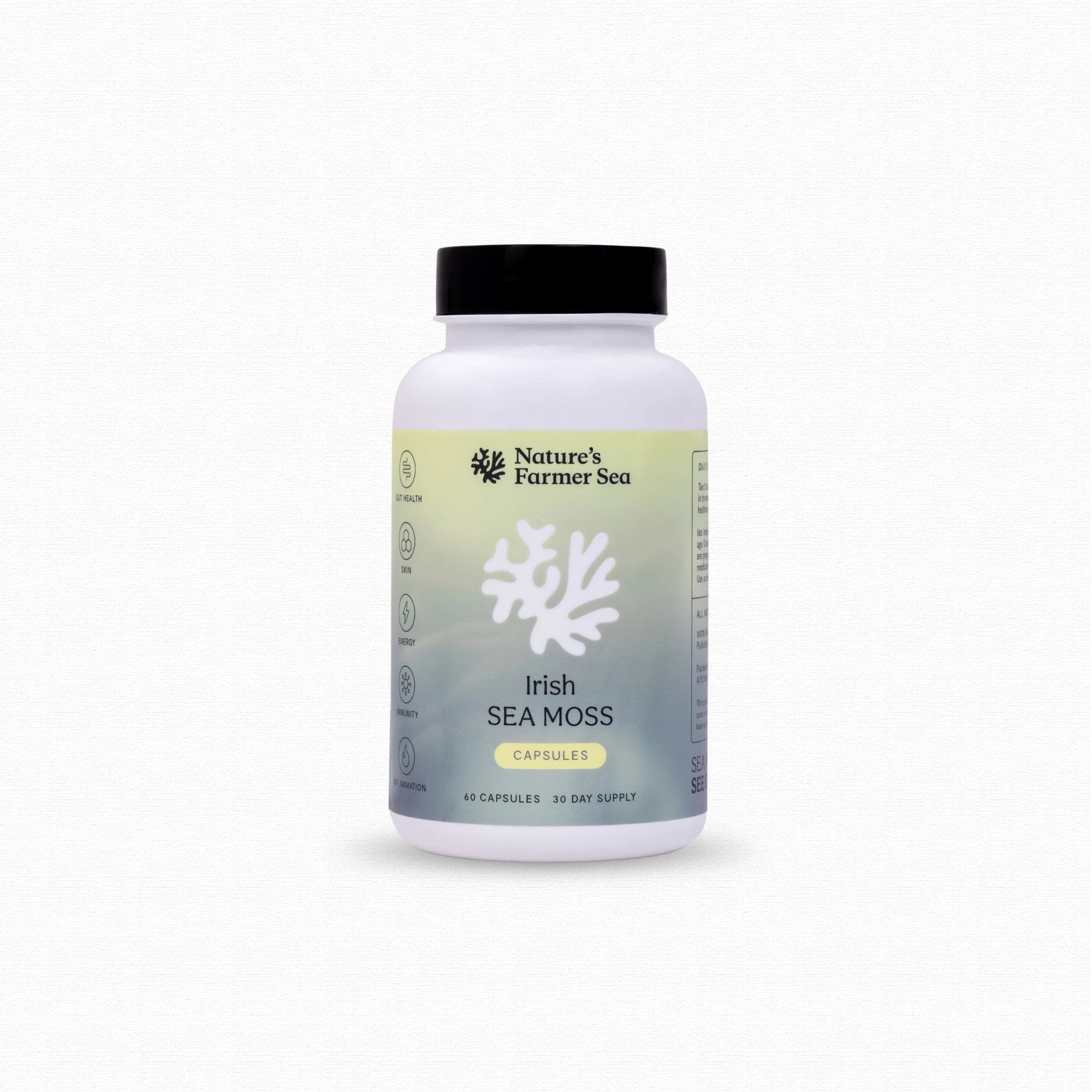Eucheuma Cottonii & Liver Protection
Blue Tongue Wizard Flavour
Our liver is responsible for the removal of environmental toxins, drugs, alcohol, chemical pollutants as well as the elimination of excess hormones.
Heavy metals refer to highly dense elements that are toxic/poisonous to our health and wellbeing at low concentrations; the most common examples being lead, mercury, chromium, cadmium, and arsenic.
These elements accumulate in our environment, and we are commonly exposed due to occupational exposure or food consumption of these elements. Lead exposure through batteries, paint, drinking water from lead pipes, aviation gas at airports, and certain stained-glass work has increased significantly over the past few years, and is absorbed and stored in the liver, kidneys, and bone, which can lead to hepatotoxicity (toxicity induced liver damage) and neurotoxicity (toxicity altering normal nervous system functioning).
Mercury exposure through fish and shellfish consumption (highest concentrations in swordfish, shark, mackerel and tuna), fertilisers, pesticides, and dental amalgams, increases gamma-glutamyltransferase (GGT) which is a liver enzyme which functions to help the liver metabolise drugs and other environmental toxins; its elevation indicates liver injury or obstruction of bile blow which aids to excrete the aforementioned substances.
Poor liver detoxification (removal) results in accumulation of these substances and increases free radical damage to the liver, presenting symptoms such as constipation, bloating, flatulence, fatigue, headaches, acne, and other skin disorders, which align synergistically with the symptoms of heavy metal toxicity.
Sea moss shows statistically significant decreases in liver enzyme serum glutamic pyruvate transaminase (SGPT), serum glutamic oxaloacetic transaminase (SGOT), alkaline phosphatase (ALP), and malondialdehyde (MDA) which are markers associated with liver injury. In addition, sea moss increases beneficial antioxidant enzymes superoxide dismutase (SOD) and glutathione peroxidase (GPx) which break down potentially harmful oxygen molecules in cells and prevent tissue damage. Therefore, sea moss can provide liver protection against heavy metal induced hepatotoxicity.
Spirulina is a microscopic blue green algae that is the dried biomass of a photosynthetic bacterium founding fresh and marine waters, which contains up to 70% protein concentration, is a source of vitamin B12, β-carotene and iron, in addition to being rich in tocopherols, γ-linolenic acid and phenolic acids. Spirulina lacks cellulose cell walls which means it can easily be digested and utilised by our bodies.
Liver fibrosis is where blood flow through the liver is diminished, healthy liver tissue is lost, and overall liver function is lost, which can be caused by alcohol abuse, hepatitis C infection and/or metabolic syndrome (abdominal obesity, high blood pressure, impaired fasting glucose, high triglyceride levels, low HDL cholesterol levels). Hepatic stellate cells (HSCs) function in the initiation and progression of liver fibrosis through secreting myofibroblasts and fibroblasts which is one of the major drivers of thickening and scarring of the connective tissue. The antioxidant effects of spirulina can inhibit the progression of HSCs and induced apoptosis after a period as short as 12 hours, therefore having potent anti-proliferative effects.
Synergistically with sea moss, spirulina increases previously discussed antioxidant enzymes GPx and glutathione that significantly reduce DNA damage in lymphocytes (immune cells).
Experience the incredible benefits of our Blue Tongue Wizard Sea Moss today! Shop here





